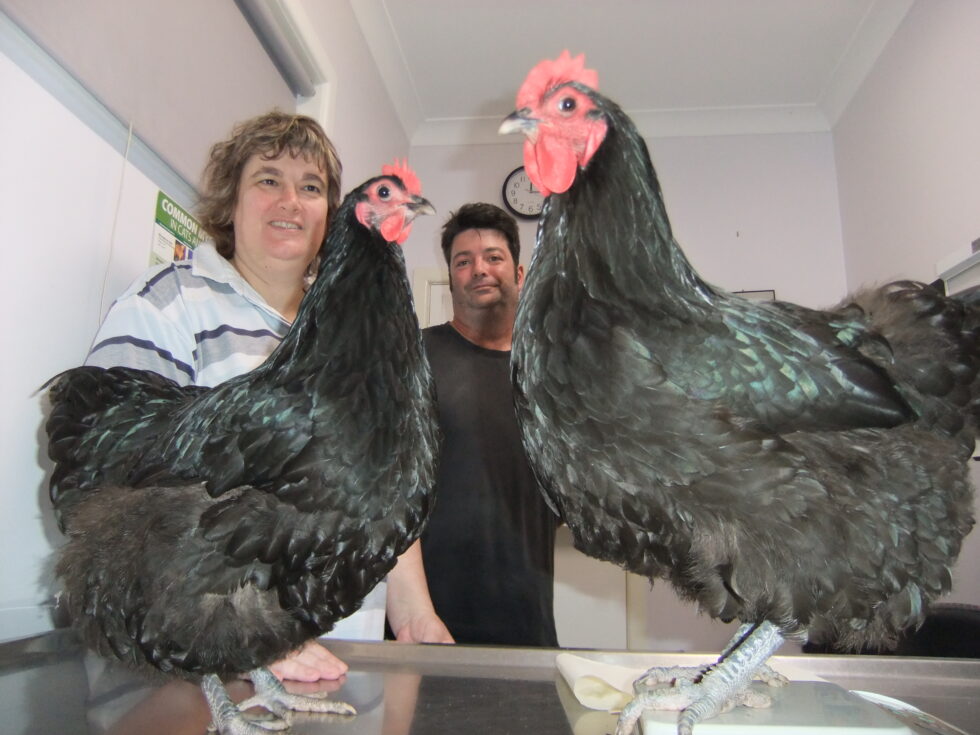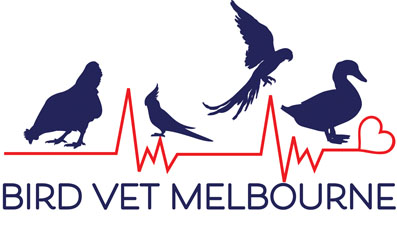Chicken Coccidiosis | Cocci in birds

Treatment of Coccidiosis in Chickens
Coccidiosis in Chickens is is caused by a protozoa. The chicken coccidia lives and infects various sites in the intestine and damages the intestinal lining. With a heavy infection birds loose weight, have diarrhoea, sometimes have red blood in the droppings and even death. Poultry Vets have found that coccidia are generally host-specific, and the different species parasitize specific parts of the intestine. Coccidiosis in backyard hens is always a potential problem.
Chicken Coccidiosis is a very common protozoal disease of poultry and is caused by different species of coccidia, mostly in the Eimeria genera. Coccidiosis in chickens can be present even in a healthy flock but may cause no disease or mild disease. Gradual exposure or recovery from an infection can allow a chicken to become immune to the coccidia in its environment. However, they can still develop chicken coccidiosis if their resistance is reduced by another disease, poor immune system or exposed to a new species of coccidia. Outbreaks can occur when birds are stressed, overcrowding, change in rations or weather, transportation and poor sanitation.
Infection is usually from inadvertently eating the poo!. The birds droppings contaminate the food or may come into contact with table scraps or in with the drinking water . A chicken gets infected by eating a sporulated oocyst or eggs . Infected birds shed oocysts in their faeces that contaminate the environment. Oocysts can survive up to 18 months under ideal conditions in soil with the right moisture and temperature.
The chicken vets have found that birds with good hygiene will have low levels of cocci in their system and build up an immunity to them – which is ideal. By feeding all food including table scraps “of the floor”, this disease can be controlled in a backyard poultry.
Clinicial Signs Of Cocci
- Slow growth in young birds
- Damage to intestinal lining
- Change in droppings (diarrhoea, blood)
- Weight loss
- Pallor and anemia
- Death can occur quickly as internal damage is done before you notice any symptoms
Outbreaks can be mild to severe, so you may not notice that your chickens are ill. Chickens with coccidia can become more susceptible to other parasites, diseases, bacterial infections.
Diagnosis of Cocci
A faecal test can be done by your chicken vet to identify the coccidiosis in chickens oocysts under microscopy. Post Mortem can be performed as well. The chicken vets diagnose coccidia parasites microscopically by doing a faecal flotation on a dropping sample. Poultry vets recommend this Laboratory test as a routine and only using cocci medication if necessary.
Management of Coccidioisis
Provide dry litter and clean out faecal material regularly. Food and water dishes should be kept off the ground to minimise contamination.
- Treatments are firstly good hygiene and less exposure to the parasite
- If the birds are laying hens Cocci–Amprolium is a product sold at Bird-Vet Melbourne that has no with holding for laying birds – i.e. the eggs can still be eaten.
- A more effective drug is Toltazural . This is used at a dose rate of 3 ml to 1 liter of water for 2 days changing the water daily. It can NOT be used in egg layers as there will be a withholding period, (The eggs need to be discarded!)
- The chicken vet recommends ongoing treatments with Cocci-amprol or an Amprolium based product. This will both treat and help maintain the ongoing immunity the flock needs and still enable YOU to eat every precious miraculous egg.
Your chicken vet can provide anticoccidials chicken medications. (e.g. amprolium, toltrazuril, sulphonamides) to treat or control coccidiosis. They are treated for 2-3 days consecutively. Treatment can repeated after 5 days to treat oocysts in the pre-patent period. Antibiotics and vitamin supplementation may be given depending on severity of the disease and type of drugs used.
Coccidiosis in Birds
What are coccidia and where are they found?
Coccidia are microscopic protozoal parasites. They infect the small intestine of birds. Their eggs, called oocysts, are passed in the droppings. The two main species are Isospora and Eimeria.
What is the route of transmission of coccidiosis in birds?
Coccidia are often ingested through food, contaminated with oocysts from infected droppings. The oocyst (egg) has a hard shell and can survive for long periods of time in the environment,.
What are the clinical signs of Coccidiosis?
- Diarrhoea with or without blood
- Weight loss and depression
- The bird may stop eating
- Poor growth and/or death in young or unwell birds
- Some birds can carry these organisms and may not show signs of illness
In which bird species are coccidia seen?
Coccidia are commonly seen in budgerigars, pigeons, doves, chickens, turkeys and geese. They are less frequently seen in canaries, finches and lories. Coccidia can be seen in any species of bird.
How are coccidia identified in the live bird?
Faecal flotaion of a few grams of droppings seen microscopically will ofetn display the eggs (oocysts).
What is the treatment for Coccidiosis?
- Cocci Amprol a chicken Vet Melbourne product is great for hens as there is no egg withholding period.
- Toltrazuril a more effective product for avian Coccidiosis does have a withholding period.
- Sulpha based antibiotics can be used to treat chicken coccidiosis
The cage should be cleaned thoroughly daily and then disinfected.
Treatment of secondary infections caused by bacteria may also be necessary.
How is Coccidiosis prevented?
- Good hygiene – cleaning of the aviary or cage
- Quarantine all new birds until they are examined for coccidia
- Regular droppings checks at your chicken Vet for coccidia. This maybe performed at the annual health check.
